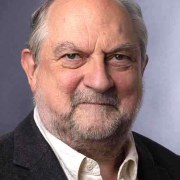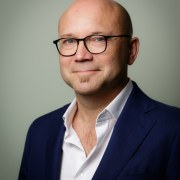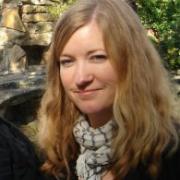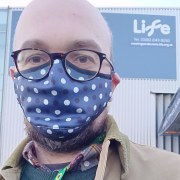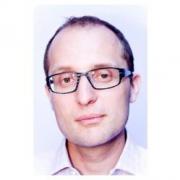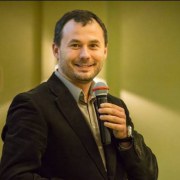Re-thinking collaboration with scientists
Science centres and museums share a long tradition of involving scientists in the development of events, exhibitions and educational activities. Traditionally scientists provide us with the latest discoveries and the most adequate explanations on natural life, the universe and everything. We want to explore different - and perhaps novel - ways for museums and science centres to set up cooperation between scientists, museum staff and the audience.
Do we, as museum/science centre staff, regard scientists merely as providers of content, or should we involve them more closely in programme or exhibition development and allow them to take on new roles when interacting with visitors? We find it crucial to question the ground(s) on which our cooperation with scientists is built.
We will present examples of novel collaborations with scientists and will encourage discussion on the value of real science in education and exhibitions. What is gained, but also what are the pitfalls to avoid?
Facilitator
Professor of science and environmental education
University College London
Session speakers
NEMO has an affiliated professor on science learning in informal environments, Maartje Raijmakers from the University of Amsterdam. Together with her and her department, NEMO has created a new vision on learning that incorporates a framework for diverse visitors’ experiences. It goes beyond the hands-on experiences, explanation of phenomena, and inquiry-based learning. We have added experiences that introduce people to the process of science itself: we invite people to reflect on science, to identify with science and to participate in real scientific research. It's called 'Fenomena: experience how science works’.
Skoletjenesten, Knowlegde center for out-of-school learning
When planning education we draw on the scientific content of the museum’s collection but more importantly we set the scientific method as learning objective. DNA&life is an example on how to make cooperation between the scientists and educators. The cooperation is meaningful to all: the outcome of the students work in the lab is relevant to the scientists; the educators have cutting-edge equipment and the students co-develop scientific method
Newcastle upon Tyne
United Kingdom
The permanent galleries at the Centre for Life have been changing over the last few years. Our Young Explorers, Curiosity and Experiment Zones apply lessons from learning and development research to create exhibits that support experimentation, self-confidence and scientific identity. Building on these lessons we open the Brain Zone in 2016, an exhibition that brings research directly onto the floor. Exhibits are being developed with researchers to reflect real techniques and experiments, and in some cases to collect data.
In Naturalis we confront students and families with real research questions and bring them in contact with scientists. Our educational goal is to stimulate science literacy. We always involve scientists in the development of educational activities, but aim for stronger involvement. I will present examples of projects in which scientists take an active role in education: from co-creation to guiding students and involving them in research. Topics: distribution of pollinators and digging up dinos.
Head of Science and Didactic Department
Even though EC1 is not open yet, we already cooperate with University of Lodz, Lodz University of Technology and Lodz Medical University. Science Centre should be full of Real Science. High quality of exhibits, edu. content, staff training, contact with scientists, research are crucial and defines fields of cooperation. During this session, I’ll try to present fruitful cooperation between EC1 and “World of Science” - for example developing "medical" exhibit in close cooperation with science partners.

